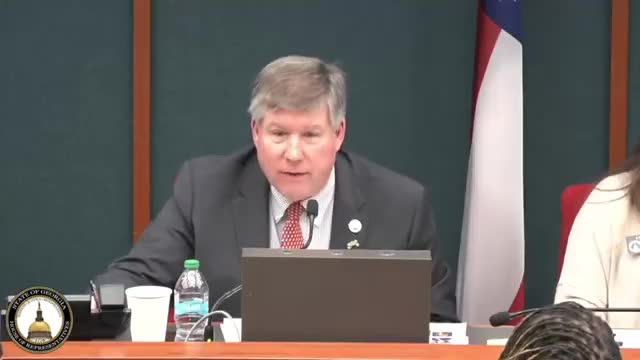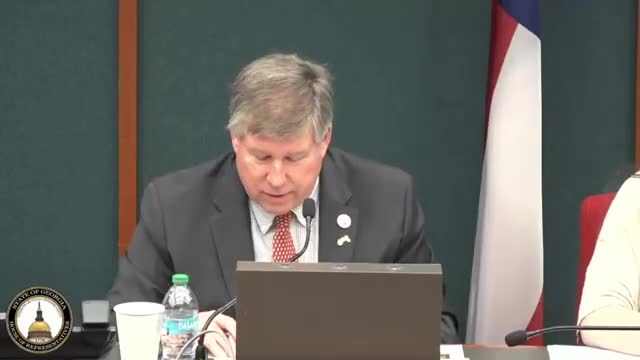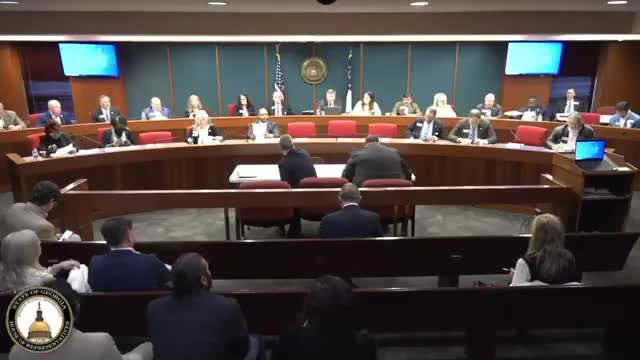Article not found
This article is no longer available. But don't worry—we've gathered other articles that discuss the same topic.

Committee approves SB 144 to clarify pesticide labeling liability; supporters and public-health critics spar in hearing

Senate Bill 201 aims to let homeowners cancel contracts after governor-declared disasters; committee members ask for narrower definitions

